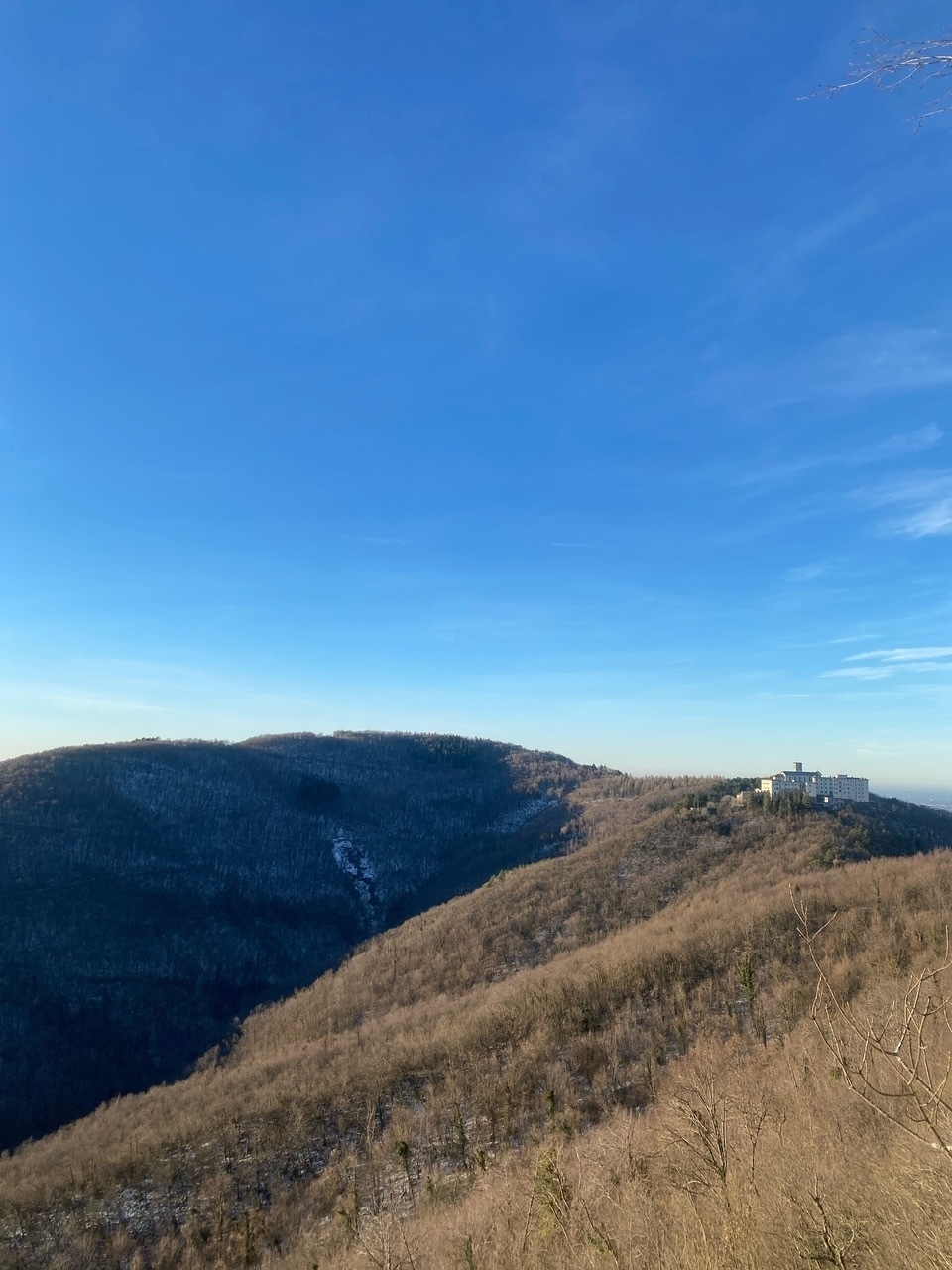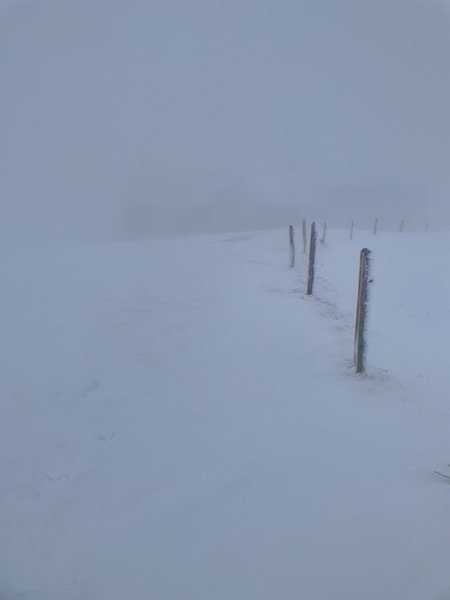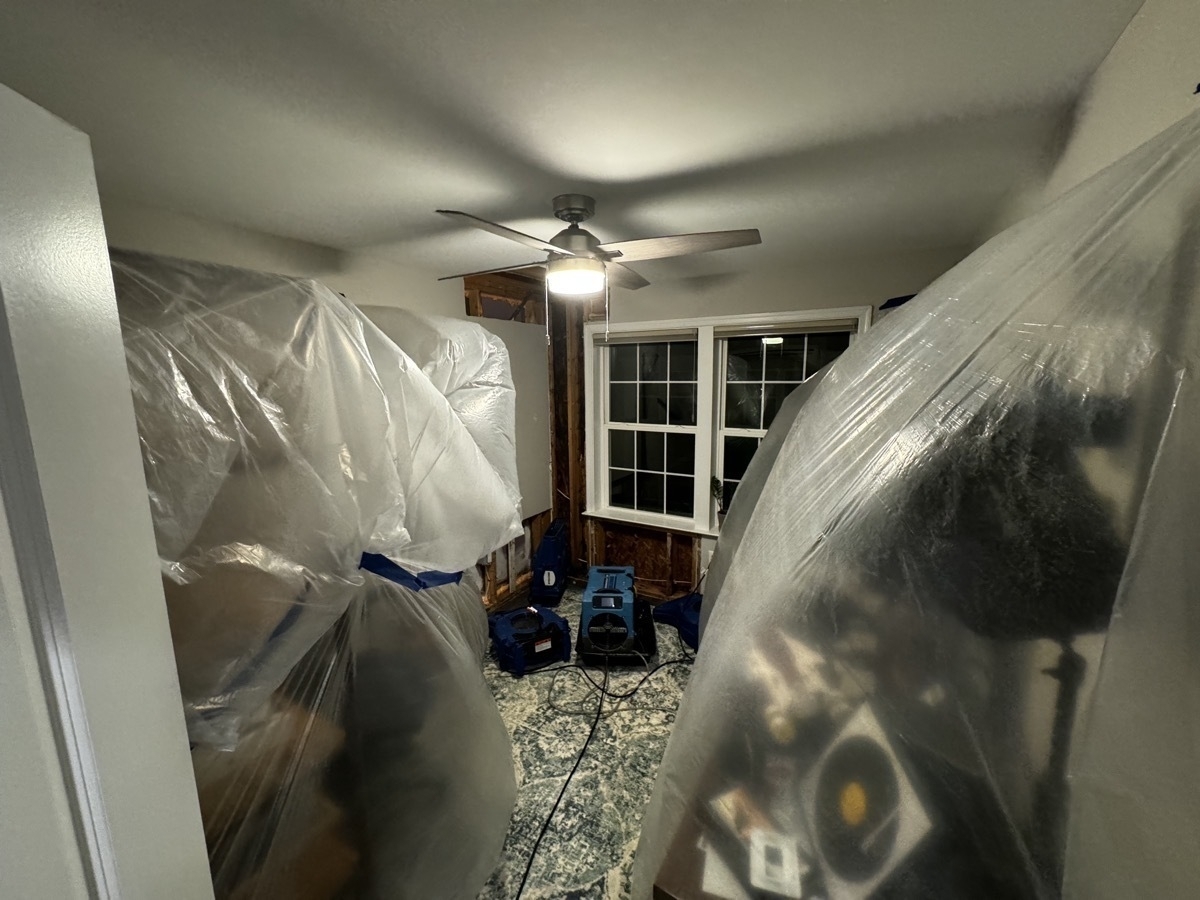Do you think we should try to bring the forums back? When I say we I don’t mean me and you but we people who care about a certain type of web. Do you think there’s still a place for those? Or do you think we’re so used to social media that people will prefer to move to Mastodon or some other decentralized social network?
I hear you about “online only” relationships thought. I have quite a few of those and they’re honestly great. And the best part is when you finally do end up meeting someone in person and it doesn’t feel strange at all. I believe that digital relationships can be as powerful as IRL ones. Both types have pros and cons but they’re both powerful in their own way.
Your urban hiking thing is neat. Picking two points for lunch and dinner is such a cool idea. I might have to try it at some point. Quite hard for me at the moment because I live in the middle of nowhere but maybe in the future. I’m a big fan of moving slowly through spaces. We’re all so busy these days that we often forget to enjoy our surroundings.
Since this is going to be the last letter I’m going to ask you a couple of questions.
The first one is related to your work news: how does it feel? I’ve always been self-employed as I mentioned in a previous email so I’m curious how it feels to know your entire workplace will change as a result of an acquisition. Is it disorienting? Is it exciting? Is it scary? Does it make you want to change job entirely? I’m curious to know what’s going through your head at this moment.
The second question is probably silly but it popped into my head when you wrote “the start up I’ve worked at for almost a decade”: at what point a start-up stops being a startup and it’s just a company?
Lastly, do you think the letters experiment was something worth doing? Did you learn anything new about yourself over these months?
Thank you for having me as a guest on your blog, I really enjoyed these exchanges.
Ciao, Manu
Hi Manu,
I think that forums continue to have their place, but they’re dead as social places on the web. What made them great communities was the magic of being a place that drew in people of similar interests who then just… stuck around for lack of somewhere else to go on the web. The number of easy “social” options where “everyone is” makes the magic of off-topic posts and relationships built on forums somewhat irrelevant. I think it’s hard to invest in the kind of community glue that used to exist on forums among regulars and translate that into a broader social interaction than it used to be and that’s probably here to stay.
That said, I think there are lessons to be learned from the world of forums. It’s right in that paragraph– there’s a magic to bringing people into a space with common interests and letting that be the basis of a community. That’s how “academic Twitter” or “black Twitter” (two bad examples because they represent, in a way, identity groups more than common interests, but they come to mind as known, named things) or activist hashtags functioned– they were like interest-driven spaces that became communities. Common interests serve as the foundation, but the load-bearing beams and walls of a community are the personal relationships that build between regular participants.
On to work and how I feel… I feel, well, everything. I ended a post on LinkedIn about the transition that I felt both hope and determination for what’s to come, and that still feels like the best summary of how I feel. I think there’s a huge opportunity here to take the work I’ve done for the last decade to a much larger scale and to have the support to go from “a start up that feels like it could end at any moment” to “a permanent fixture in US K-12 education and maybe more”. I think all the problems we set out to solve are still present and we’re in the best position we’ve ever been (and of anyone else out there) to really address it. That may sound like the hope,but instead that’s the determination. I am determined to do everything I can to take advantage of this opportunity.
The hope is not knowing if it’ll work. I’ve never known if any of this would work in anyway, and I continue to hope that I’m the right person to be a part of it. I hope that we’ll make good choices, that my coworkers that have been a part of building this thing will keep at it with me, and that we’ll add new people to contribute over time that level us up. But I know there’s every chance that I will fail, separate and in addition to whether “we” collectively will fail. Right now, I feel like we hit an important milestone, but I still feel far from done.
I was smiling reading your question about “the startup I worked at for over a decade”. This is actually something we used to discuss internally to help people understand the language we use about the business. For us, start up does not indicate “a new business”. Instead, when we say start up, what we mean is a business model. We considered ourselves a start up not because of size or age, but because we took outside investment in exchange for ownership in the company and designed the company to prioritize revenue growth over profitability. Our measure of success was top line revenue growth while ensuring our model could achieve profitability, but we would invest every dollar that came in (and then some) toward growth– both investing in sales and R&D. This is in contrast to a “new” business or a “small business” that is largely owned by proprietors and is geared toward achieving profitability every year. The only way Allovue would have ever ceased being a startup is if we changed our business model. Companies can be startups for a long time, provided its investors support that model. Startup, in that sense, does not really refer to the age of the business. Instead, it’s more “this is a business that needed ‘startup’ capital”– we had a business that took a lot of upfront investment before what we built could be sold.
Letters has been a fun project. As you can tell from my late response here, life often made it hard to be truly “weekly”. Many months on my site did not get a post per week. Sometimes that was my fault, sometimes it was the person who signed up for that month. I decided early on that I was not going to get crazy about it or generate any pressure for myself or others– an obligation that felt bad seemed counter to what I was trying to achieve. Despite that irregularity in a project that was meant to be regular, I’m confident that this year I wrote more long posts and more personal posts than ever before. Letters has made my blog feel less like social media reaction takes and more like a place I share a bit of myself. I have gotten to know some people I didn’t before, or know some people I knew but in a new way.
Maybe my favorite thing about Letters is that others were inspired to do a similar form of writing on their own blogs. I love reading letters/pen pals/whatever folks choose to call it on other blogs. It makes me feel like this last year I contributed a small bit to building the kind of community I’d want to be in online. I’m not trying to be well known. My blog is not designed for that, my temperament is not designed for that, my goals are not that. So it’s nice, in spite of that, to have made a bit of a ripple.
This has been a great way to sunset (in its current form) my main creative project for the last year. Thanks for being a part of it. And for anyone else who made it to the end of this post who has been reading Letters or participated in it, thanks for being an important part of my 2023 / 4.
Jason




